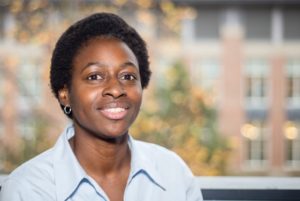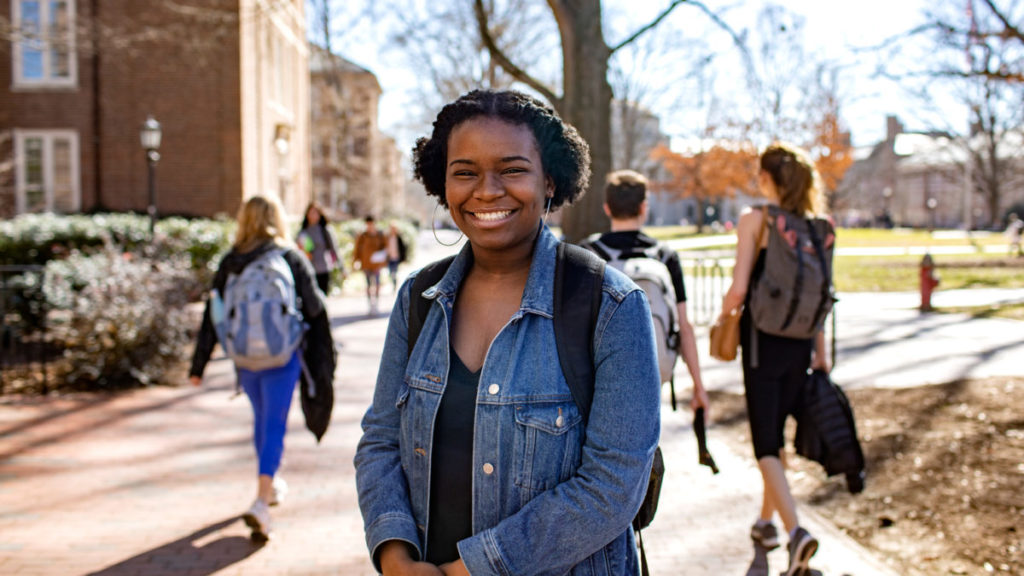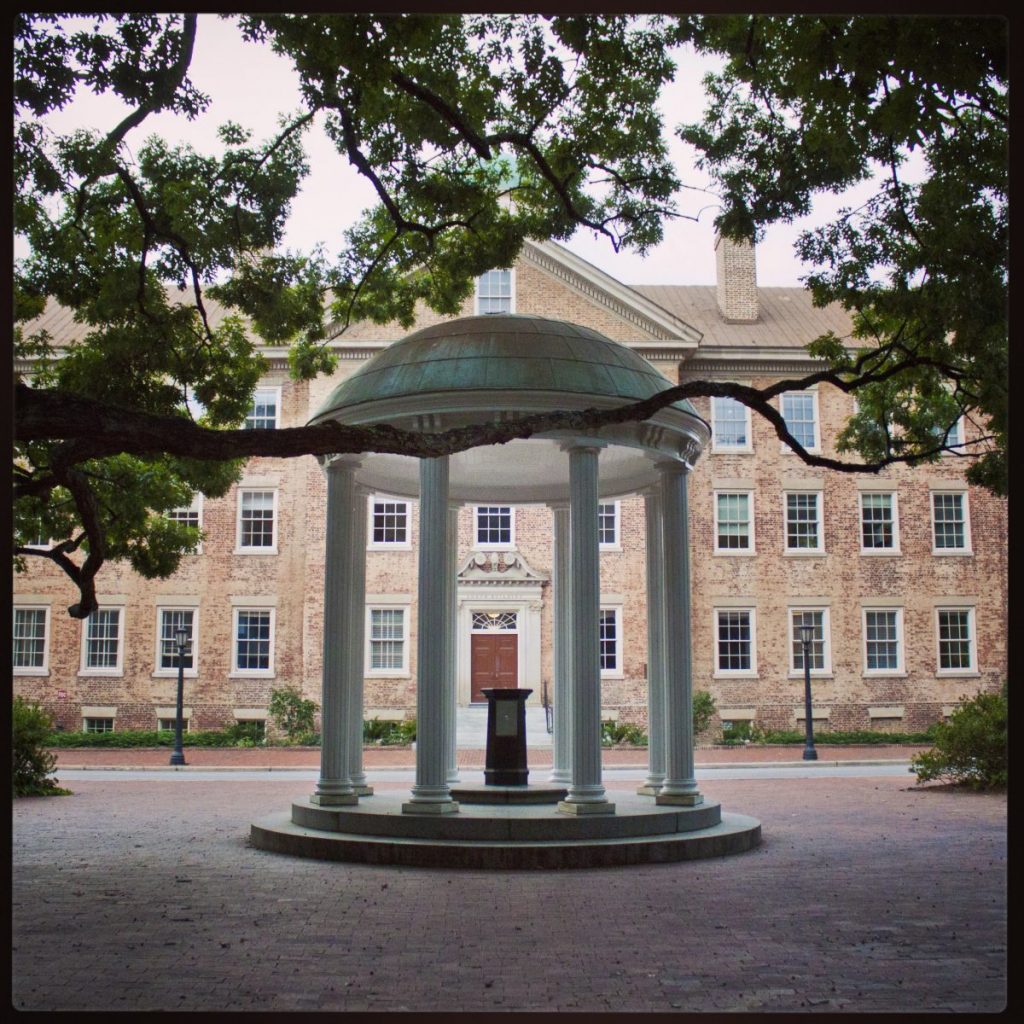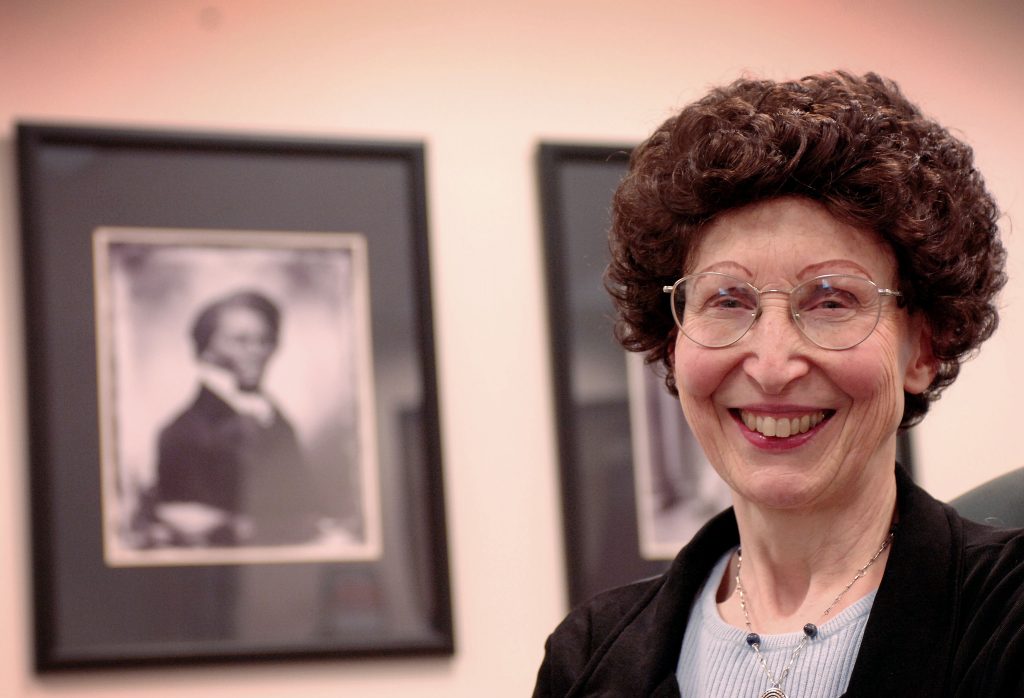
When people hear I’m a German professor, they ask me two questions: Do I have German relatives? Was I a military brat? The answer to both is “no.” People frequently assume that if an American decides to learn German, this must be for familial, functional or professional reasons. I began learning German as a 10-year-old living on the North Side of Chicago because I wanted to understand Indiana Jones! I wanted to know what Indiana Jones was saying when he cleverly disguised himself as a Nazi to infiltrate his enemies. Indiana Jones was my hero. I wanted to become an archaeologist, just like him. And I wanted to be fluent in several languages and cultures, just like him.
My openness to learning new languages and exploring new cultures can also be tied to my family background. My parents migrated separately to the U.S. in the 1970s — my mother from Barbados and my father from Jamaica. They met in Chicago, where I grew up surrounded by Caribbean relatives, always aware of a somewhere beyond the borders of my neighborhood, my city and my country of birth. My mother’s references to “back home” and the extended relatives passing through our house were a continuous reminder that borders are not necessarily solid, that it is possible to go away and to come back. I loved the chaos, the smells and sounds of various cultures in our home.
This colorful experience was not that exceptional in Rogers Park, a once Orthodox Jewish neighborhood, which over a decade transitioned to a multicultural epicenter of new immigrants. I had Mexican, Romanian, Syrian and Pakistani classmates. My interest in other cultures was partly from encountering them daily. Incomprehensible to many, though, was my interest in German.
I took my study seriously. I practiced with a workbook, German in 10 Minutes a Day, and checked out Berlitz language tapes from the public library. I perused German cookbooks, though I couldn’t yet boil water, and I began German classes in 7th grade. Although I had to give up German after moving in 10th grade, I happily enrolled in German as a freshman at the University of Chicago, where I discovered Kafka and Brecht and fell in love with German all over again.
The first time I went to Germany, at age 20, I was nervous. Aside from punk rock, German was the one thing to gain my wholehearted devotion. What if I hated it there? What if people couldn’t understand me and vice versa? As a woman of color, arriving when parts of Germany were grappling with right-wing extremism caused both my family and college mentors to be understandably concerned for my well-being. Additionally, I had never been away from home for a weekend, let alone an entire year in a foreign country.
But my study abroad experience couldn’t have gone better. Within a few months, my grammar and fluency improved, and I had German friends. After a year, I was completely bilingual, interpreting for visiting family. My time abroad that year was priceless. It fulfilled my childhood desire to be fluent in German, helped me see American culture from a new perspective, and gave me life-long friends and my present career. After spending two more years in Germany teaching English and conducting research, I entered a Ph.D. program in German, received my doctorate from the University of California, Berkeley, in 2011, and have been a UNC faculty member ever since. Study abroad not only reaffirmed my love of the German language, but I subsequently fell in love with the culture and with Berlin.
Now, German is a constant presence in my life. I teach German language, literature, film and culture, listen to German music and visit Germany every other year. It’s hard to believe this is the result of a decision made by a 10-year-old, but I wouldn’t change it for anything.
By Priscilla Layne, assistant professor of German in the Department of Germanic and Slavic Languages and Literatures
This essay first appeared in the 2018 issue of Carolina Passport.




